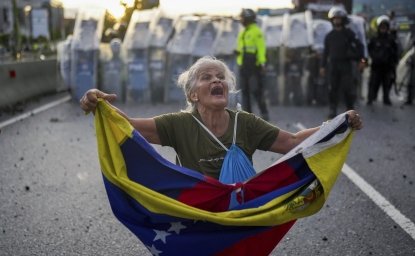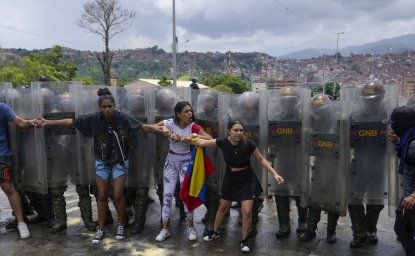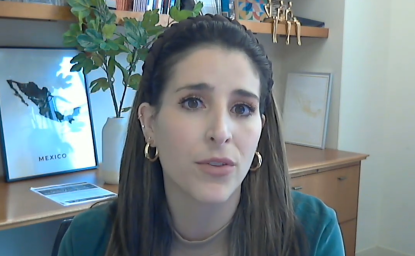The Latest
Quick analysis from the experts
This year, the Millennium Challenge Corporation (MCC) celebrates its 20th anniversary. What makes its model of development assistance unique? President and CEO Amb. Mark A. Green, the longest serving member of their board and an original proponent of its founding legislation, joins us to explain.
Video Transcript
-
Why Does the MCC Call Its Flagship Aid Programs Compacts Rather than Grants?
Guest

Ambassador Mark A. Green
President Emeritus, Wilson Center
Explore More
Browse Insights & Analysis
La esencia de la infraestructura global: perspectivas del líder de la industria Matt Harris
Duration:43:25Posted date/time:

The Innovative Landscape of African Sovereign Wealth Funds
Posted date/time:

Lessons from Costa Rica’s Economic Transformation
Posted date/time:






